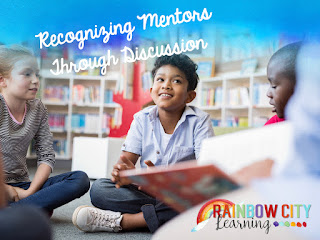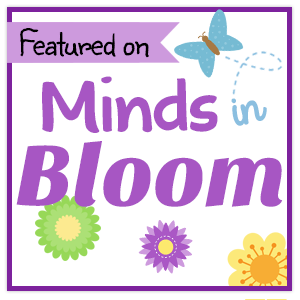It's my birthday! Happy Birthday to me! To celebrate this year, I am participating in TpT's first ever annual Day of Giving! The first TPT Day of Giving will take place on September 27th, 2018. TPT Authors are coming together to make a change, donating 100% of their profits on this special day to the charities of their choice.
Here's a photo of my sister and me together in happier and healthier times. She's the cute one!
To find out more about The Day of Giving and about the teacher-authors who are participating, head on over to Spark Creativity. Thank you to sweet Betsy who is the teacher-author and blogger behind Spark Creativity. The Day of Giving is Betsy's brainchild, and I am honored to join her in this effort!
Wishing you the best of health and happiness and family and friends who care!


























